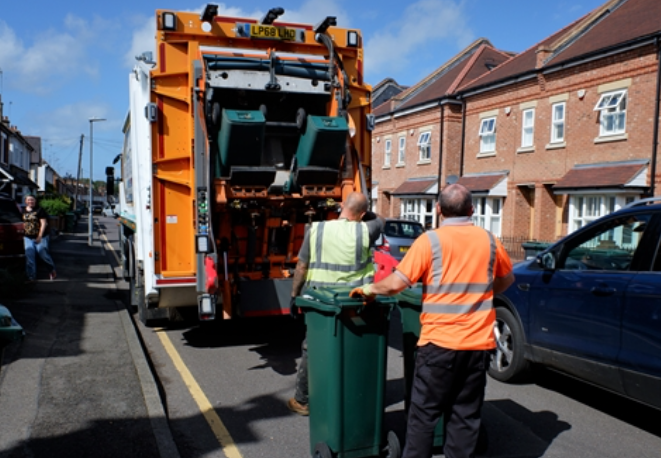
Government Introduces 'Simpler Recycling' Initiative to Standardize Waste Collections Across England
In a landmark move to address England's long-standing recycling challenges, the government has unveiled the "Simpler Recycling" initiative. This transformative policy aims to standardize recycling practices across the nation, making it easier for households, businesses, and non-domestic premises to contribute to a greener future.
For decades, households in England have faced a confusing patchwork of waste collection rules, with some councils requiring up to seven bins. This fragmented system has not only complicated recycling efforts but also led to inefficiencies in waste management. The new policy promises a clear, consistent, and streamlined approach, ensuring every household and workplace can recycle effectively without excessive hassle.
Key Changes Under Simpler Recycling
The initiative introduces a maximum default of four waste containers per household, which will accommodate:
- Residual (non-recyclable) waste
- Food waste (which may be combined with garden waste if feasible)
- Paper and card
- Dry recyclable materials (plastic, metal, and glass)
This revised system is designed to reduce confusion, promote higher recycling rates, and avoid the proliferation of multiple bins. Importantly, local authorities retain flexibility to adapt the policy to suit local needs, ensuring practicality and efficiency.
Ending the ‘Postcode Lottery’
One of the most significant outcomes of this policy is the elimination of the so-called "postcode lottery," where recycling rules vary dramatically between regions. By standardizing what materials can be recycled nationwide, the government aims to end the guesswork for households, making recycling more accessible and user-friendly.
Weekly food waste collections will also become mandatory for most households, addressing concerns about unpleasant odors from waste accumulation.
Impact on Recycling Rates
Currently, England’s household recycling rate has plateaued at around 44–45% since 2015. Simpler Recycling, alongside the Extended Producer Responsibility for packaging and the upcoming Deposit Return Scheme for drinks containers, aims to propel this figure to 65% by 2035. This reform is expected to significantly reduce greenhouse gas emissions, with potential savings equivalent to £11.8 billion.
Co-Collection Flexibility
Recognizing diverse local circumstances, the government has allowed some flexibility for co-collecting recyclable materials. For example:
- Food and garden waste can be collected together, provided they can still be processed efficiently.
- Plastic, metal, and glass can be co-collected, as they present lower contamination risks.
- Paper and card must be collected separately to maintain their recyclability, unless it is impractical or provides no significant environmental benefit.
Support for Businesses and Councils
Businesses, particularly micro-firms with fewer than 10 employees, will have until 2027 to comply with new recycling requirements, giving them additional time to adjust. Local councils will also receive transitional funding to support the rollout of weekly food waste collections.
A Step Towards a Circular Economy
The government has emphasized that Simpler Recycling is part of a broader strategy to transition England to a zero-waste, circular economy. By promoting the reuse of resources and reducing waste, the initiative aims to boost the economy, create green jobs, and accelerate progress toward net-zero emissions.
Timeline for Implementation
Key deadlines for the initiative include:
- March 2025: Businesses and non-domestic premises must arrange for the collection of recyclable waste streams.
- March 2026: Local authorities will be required to provide weekly food waste collections.
- March 2027: Kerbside plastic film collections will begin for households and businesses.
Looking Ahead
As the government moves forward with these reforms, it plans to work closely with stakeholders, including local councils, businesses, and the waste industry, to ensure a smooth transition. Secondary legislation to formalize exemptions is expected in December 2024, with further guidance to follow.
The Simpler Recycling initiative marks a pivotal step in England's environmental journey, promising a cleaner, greener, and more sustainable future for all.






